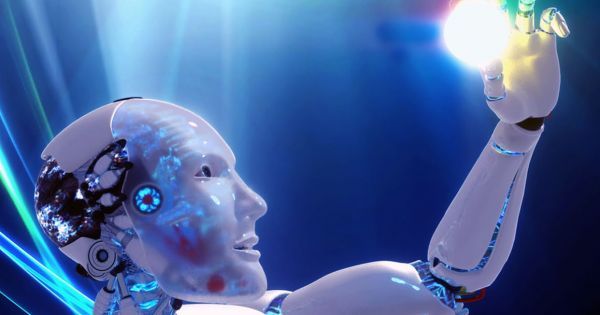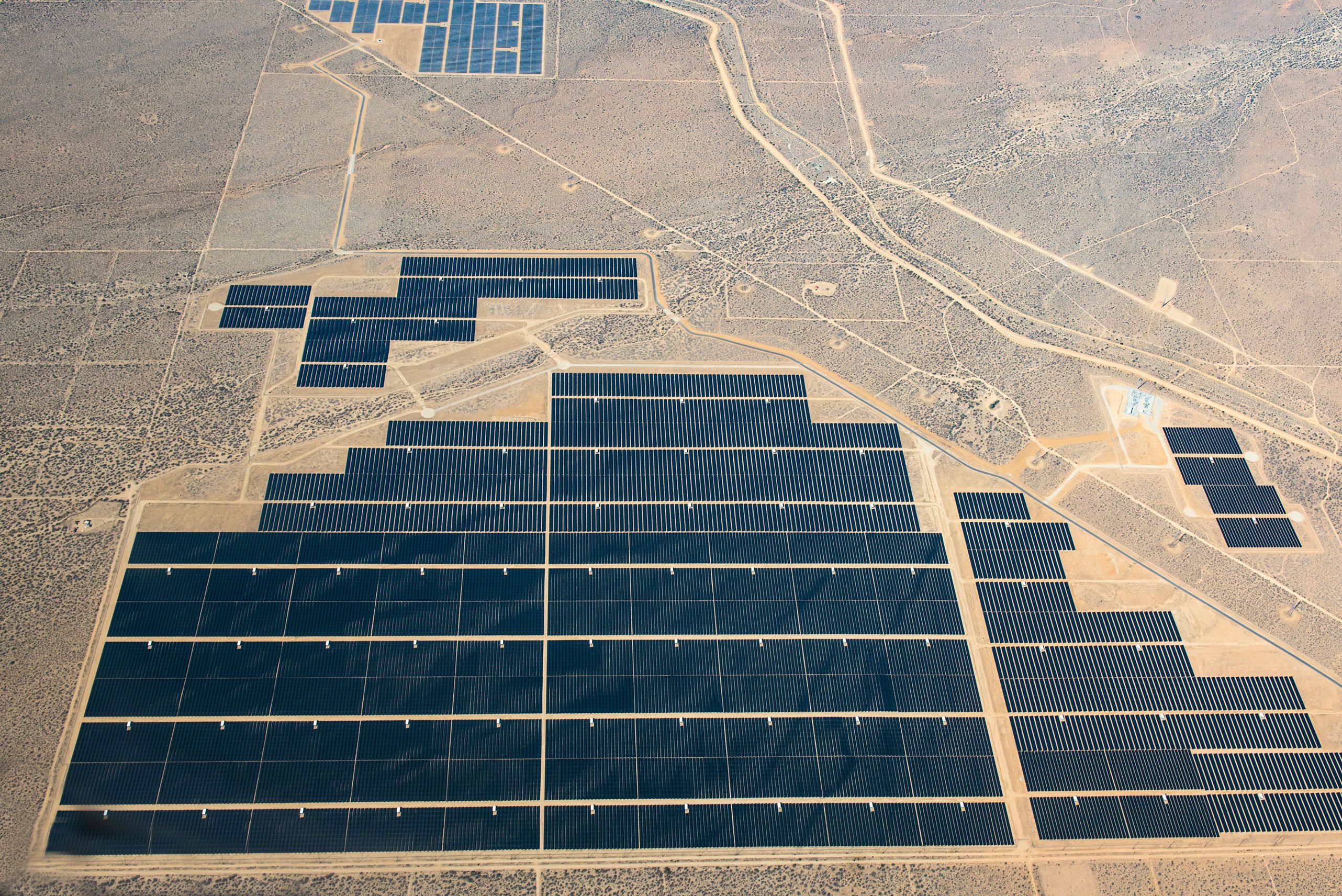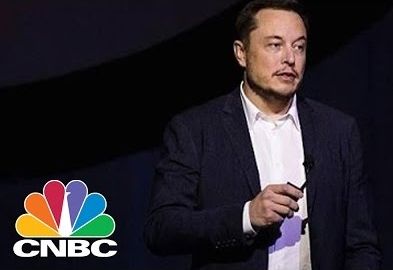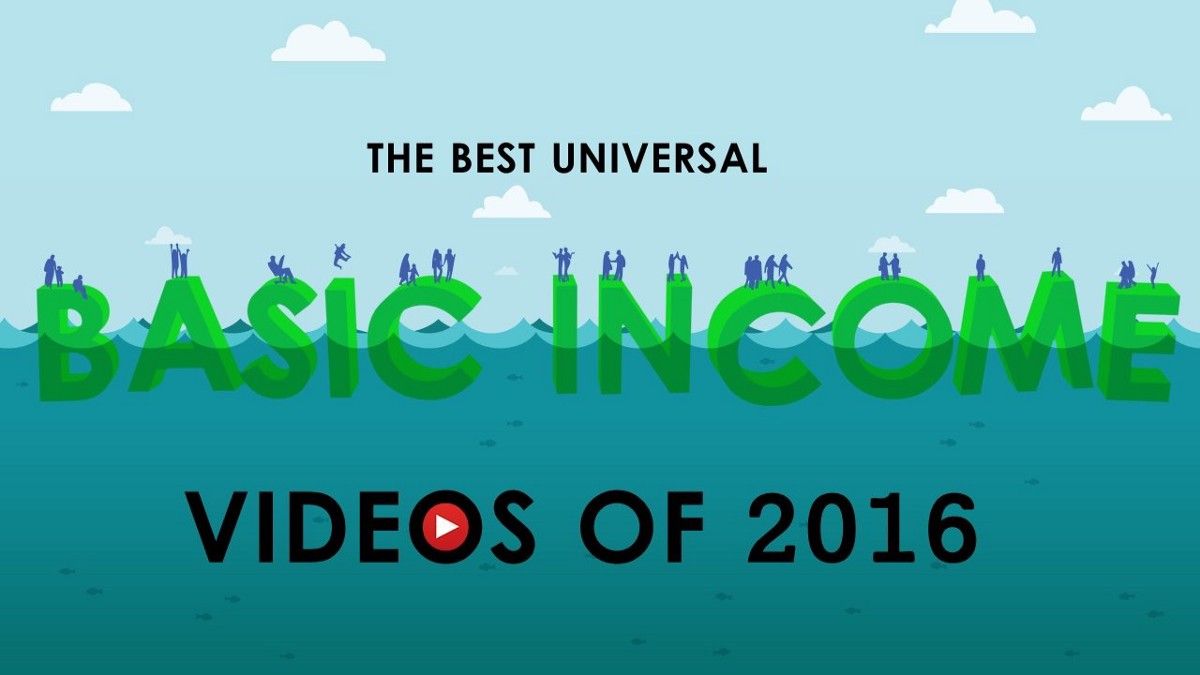Feb 2, 2017
Getting your First Bitcoin; Choosing a Wallet
Posted by Philip Raymond in categories: bitcoin, cryptocurrencies, economics, internet
There are at least four ways to acquire Bitcoin and three ways to store it…
Acquire Bitcoin: You can trade Bitcoin in person, accept it as a vendor, mine it, or buy on an exchange.
Store Bitcoin: You can keep your Bitcoin in an online/cloud service (typically, one that is connected to your exchange account), keep it on your own PC or phone, or even print it out and store it on a piece of paper. Like a physical coin, the piece of paper has value. It can be placed in your lock box or under your mattress.
Let’s look at the market for Bitcoin Wallets (all of these are free), and then we shall talk about Bitcoin exchange services. This includes my personal recommendation for the typical consumer or coin enthusiast…
Continue reading “Getting your First Bitcoin; Choosing a Wallet” »

















